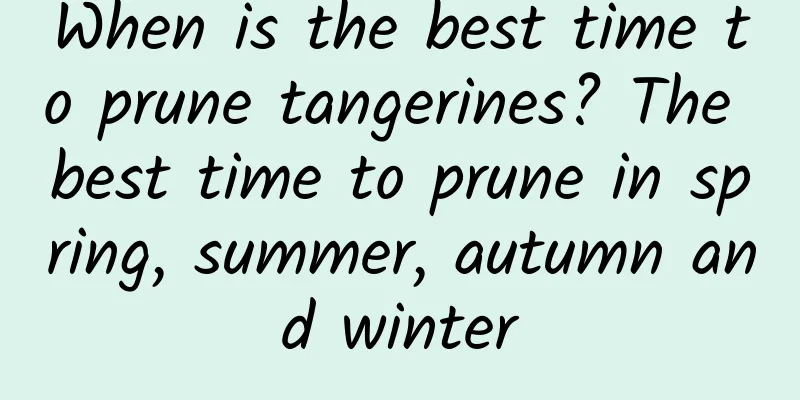Common varieties of cockscomb

Cockscomb varieties classified by appearanceSpherical flower typeThe species with a particularly dense and spherical corolla is called "Kurume Celosia" and is very common in flower beds and cut flower cultivation. Feather-shaped flowerThe flowers are feather-shaped, the corolla is flame-like, and the colors are bright. They are very pleasing whether grown in flower beds or as cut flowers. Spear-shaped flowerThe corolla is shaped like a fir tree cone, with short and compact flower spikes, some of which are particularly suitable for cut flowers. Common Cockscomb VarietiesCommon CelosiaIt is about 40-60 cm tall, with very few branches, and the flowers are flat and wrinkled, very similar to a cockscomb. The colors of the flowers include purple, dark red, pink, light yellow or milky white, single or multiple colors. There are generally two varieties cultivated. The tall cockscomb has a plant height of 80-120 cm, and the flowers are mostly purple-red; the dwarf cockscomb has a plant height of 15-30 cm, and the flowers are mostly purple-red or dark red. Cock combThe plant is 30-50 cm tall, with many slanting branches. The whole plant is broadly conical in shape, dense and neat. The terminal inflorescence of the main trunk is large, wrinkled and inverted cone-shaped. There are many small inflorescences beside the base of the main inflorescence. The tops of the side branches are similar. The flowers are orange-red, the leaves are dark green with earthy red. Round velvet cockscombPlant height is 40-60 cm. The flowers are very densely packed and densely pubescent. CockscombAlso known as Cockscomb or Broom Cockscomb, the plant height is 30~150 cm. The stem is erect, the leaves are ovate-lanceolate, and the inflorescence is composed of many small inflorescences gathered in a spike shape. Leaves simple, alternate or opposite, without stipules. Flowers bisexual, rarely unisexual, in axillary cymes or arranged in panicles; bracts small, 2, membranous, tepals 3-5, often membranous, stamens often the same number as tepals and opposite. |
<<: Cultivation methods and precautions of Globe amaranth
>>: What are the varieties of Podocarpus
Recommend
Indoor flower arrangement and space matching
Living room flowers and space matching When match...
How to prune Chinese toon trees
When is the right time to prune the Chinese toon ...
How to plant poplars? Planting methods and management points
Poplar growth environment requirements Poplar is ...
Cultivation methods and precautions of variegated vines How to propagate variegated vines
Variegated vine is an ornamental plant that is pa...
Does the camellia tree prefer shade or sun?
Does the camellia tree prefer shade or sun? Camel...
Can leaves be used as fertilizer?
Leaves as fertilizer Leaves can be used as fertil...
How many times a year do violets bloom?
1. Open once a year Under normal circumstances, v...
Can succulents survive if their heads are cut off in winter?
1. Can succulents survive if their heads are cut ...
When is the best time to plant Artemisia capillaris seeds?
Capillaries seeds planting time Artemisia capilla...
How to identify cat milk
1. Tree features Cat's Milk is a shrub or sma...
Chun Yu | Aquatic plants suitable for living rooms
Other Names Spring taro, Feather-leaved philodend...
Can grape vines be planted in the yard?
Can I grow grape vines in my yard? Grape trees ca...
What are the benefits of using waste beer to water flowers?
Waste beer is very good for watering flowers, but...
How to grow catnip so that it will bloom rapidly?
As a member of the herb family, in recent years, ...
What to do if the leaves of Zi Chi Nian Hua turn yellow
Reason 1: Insufficient light As for the habits of...









